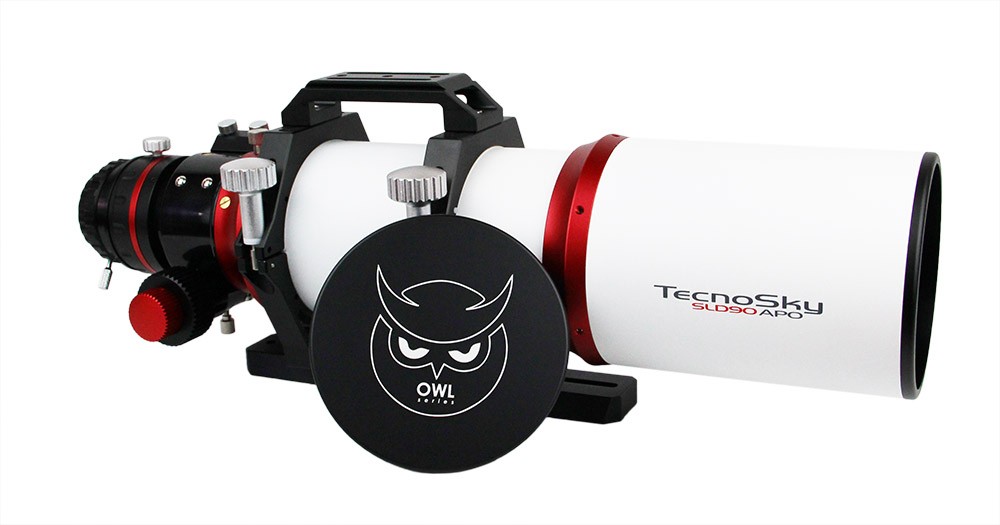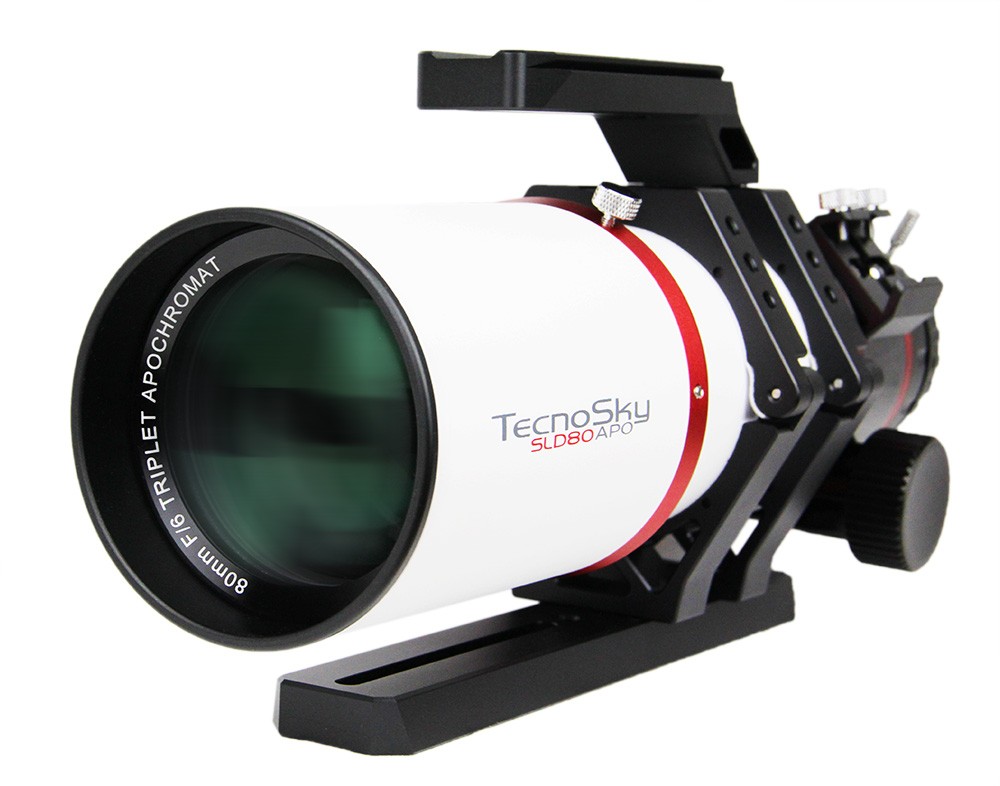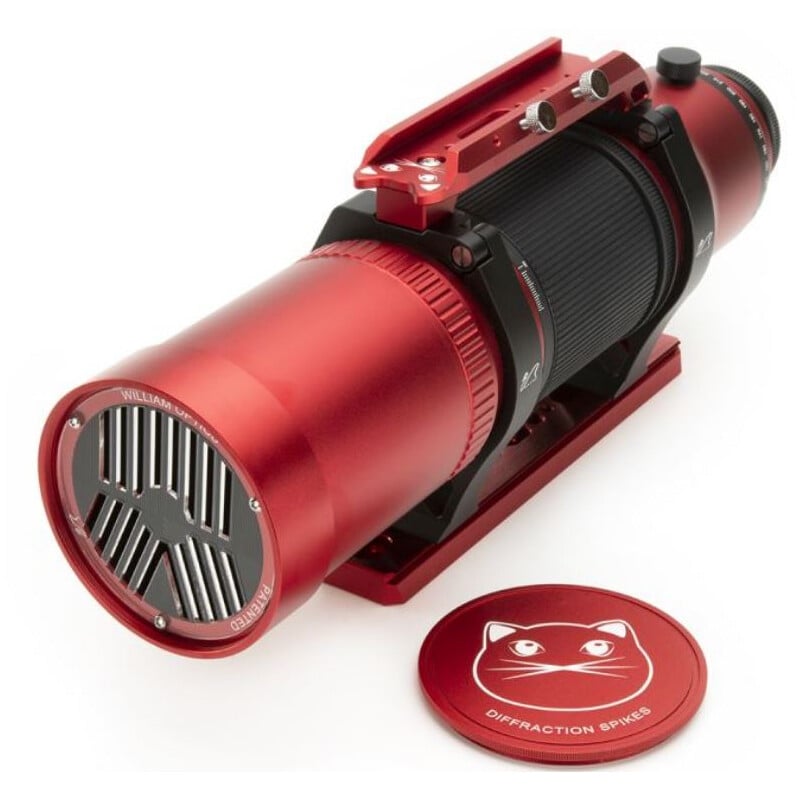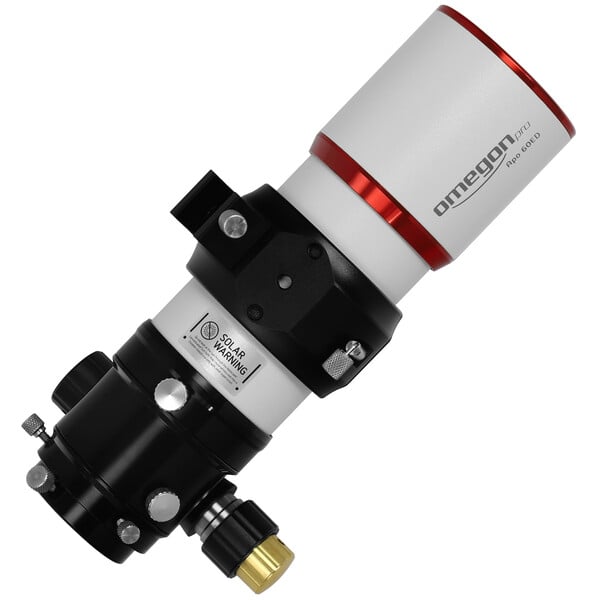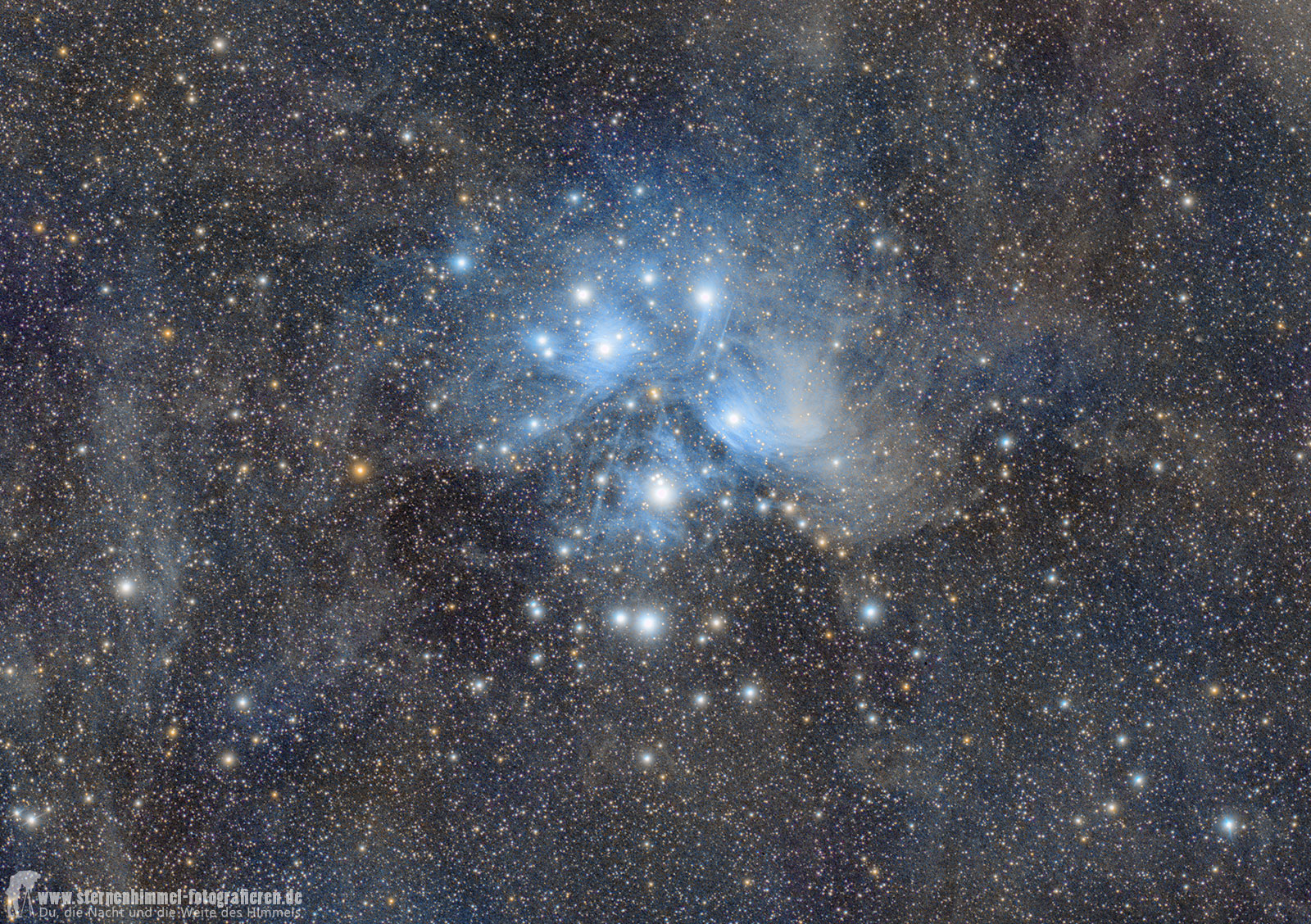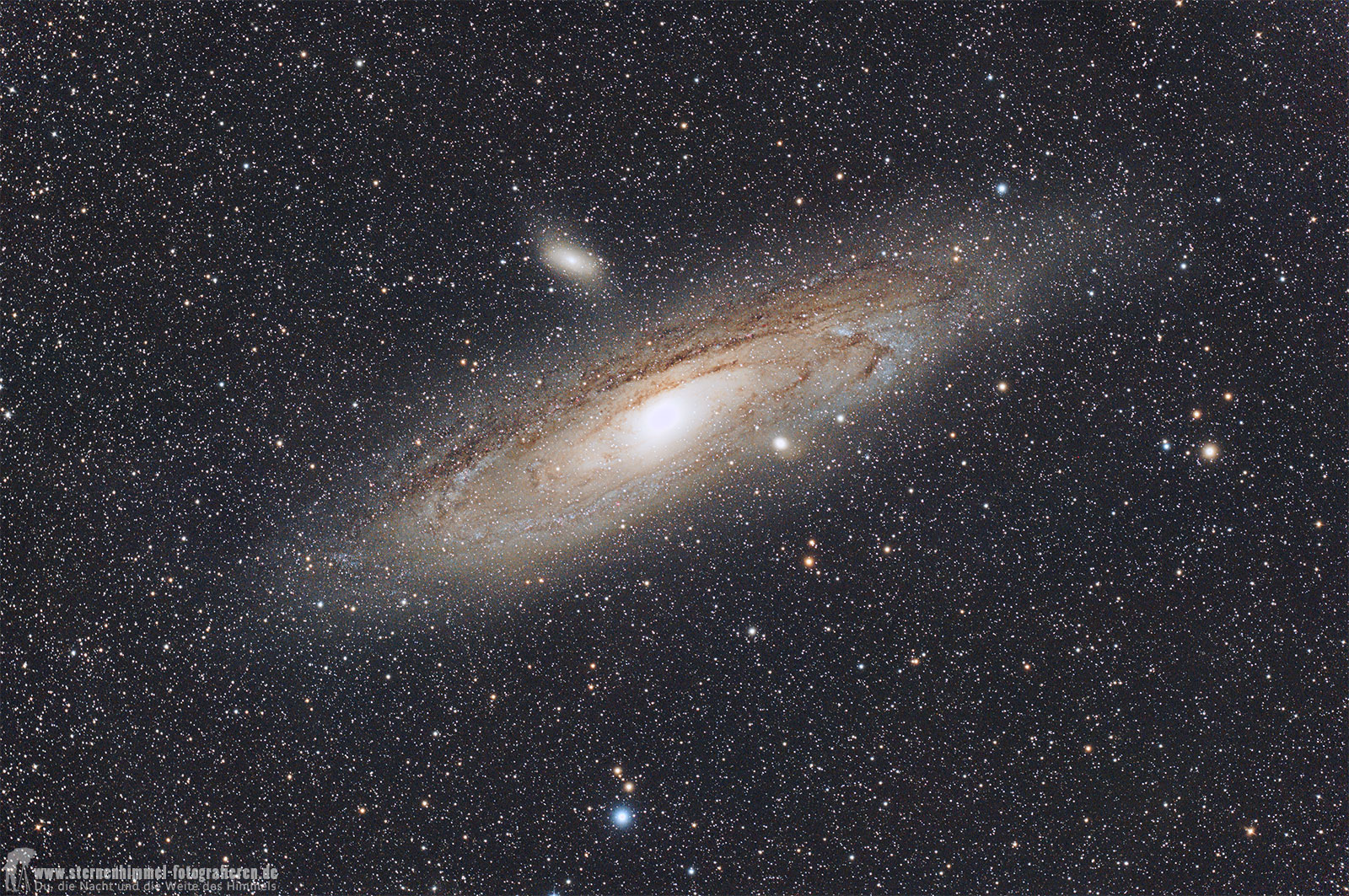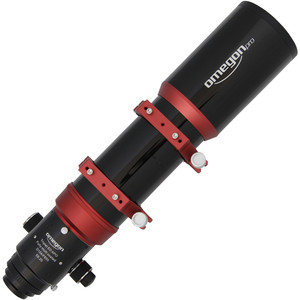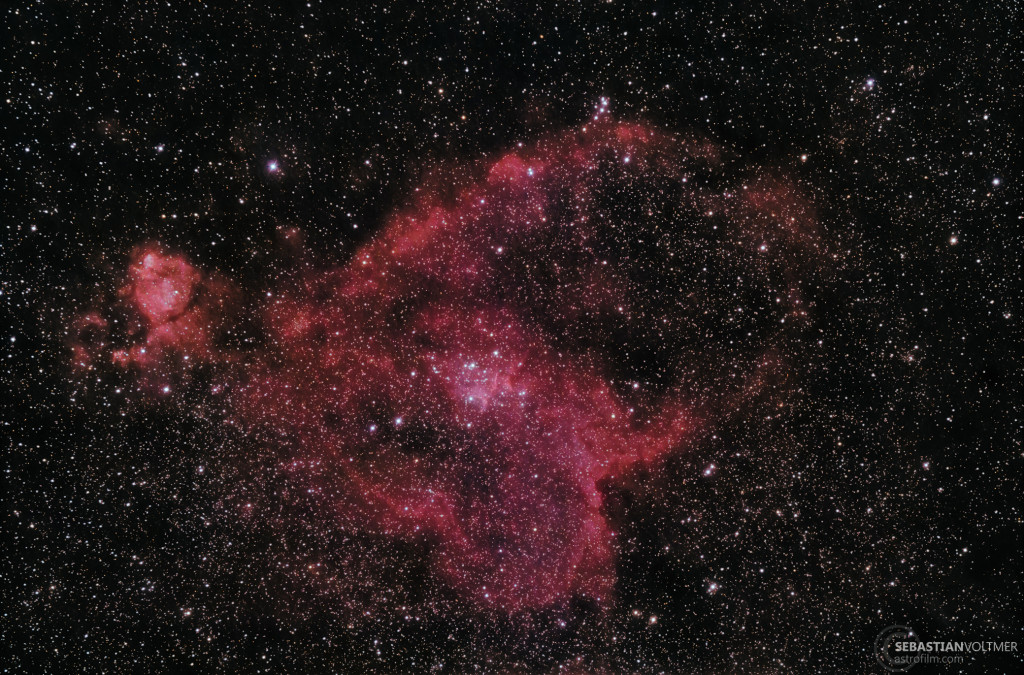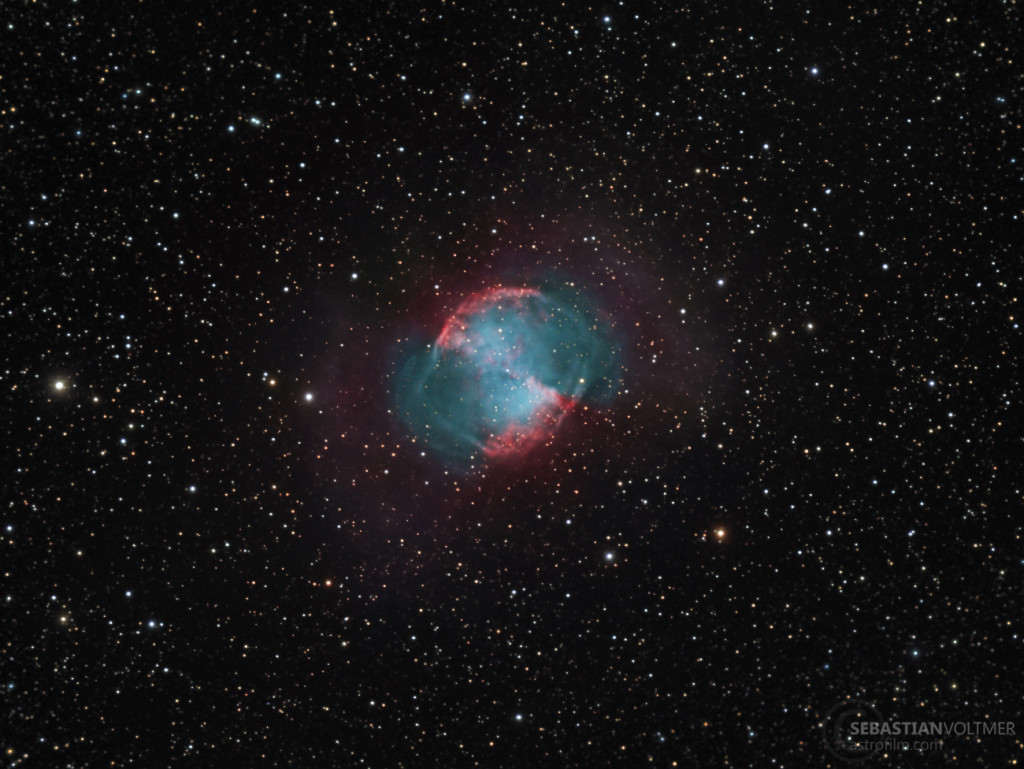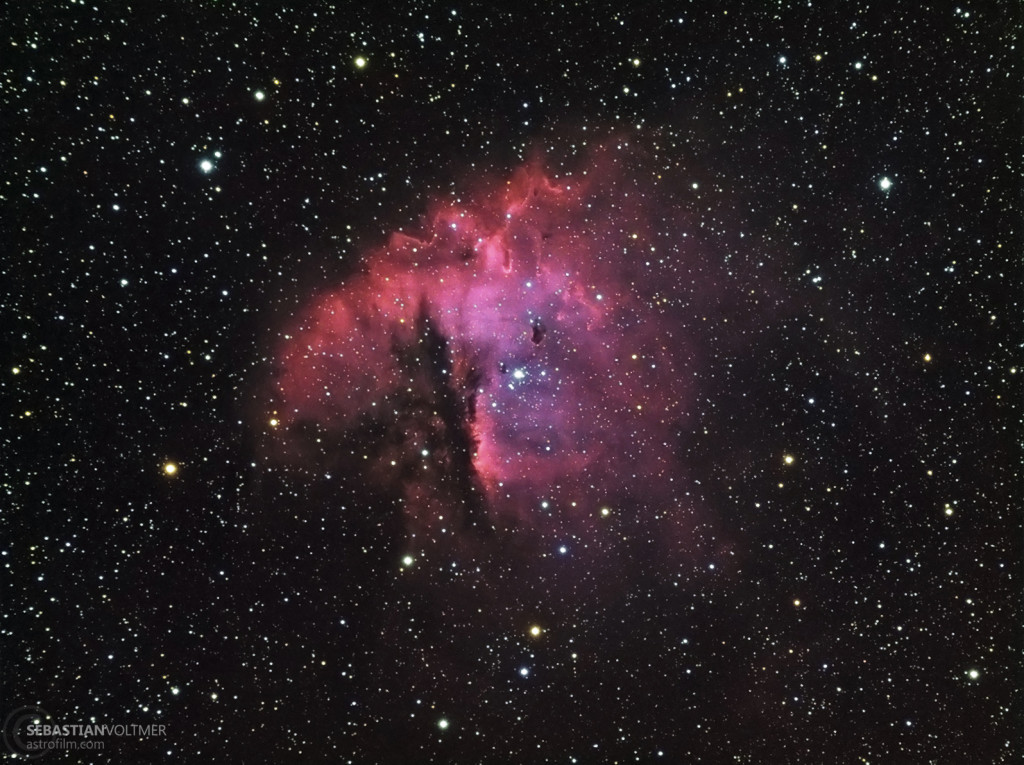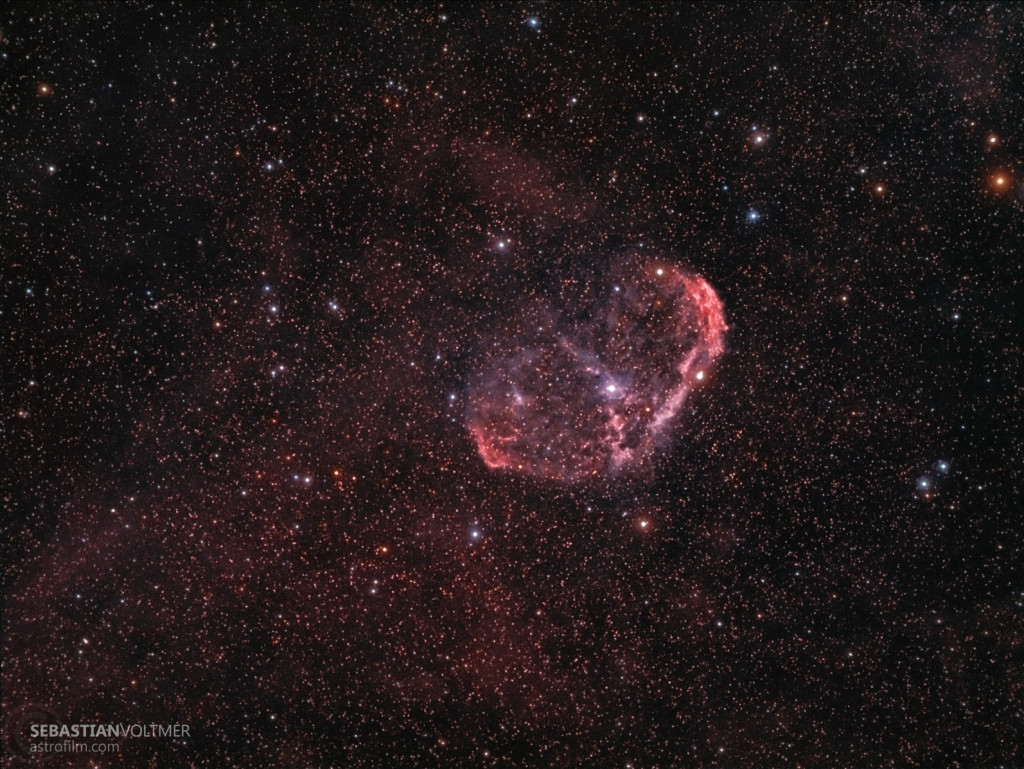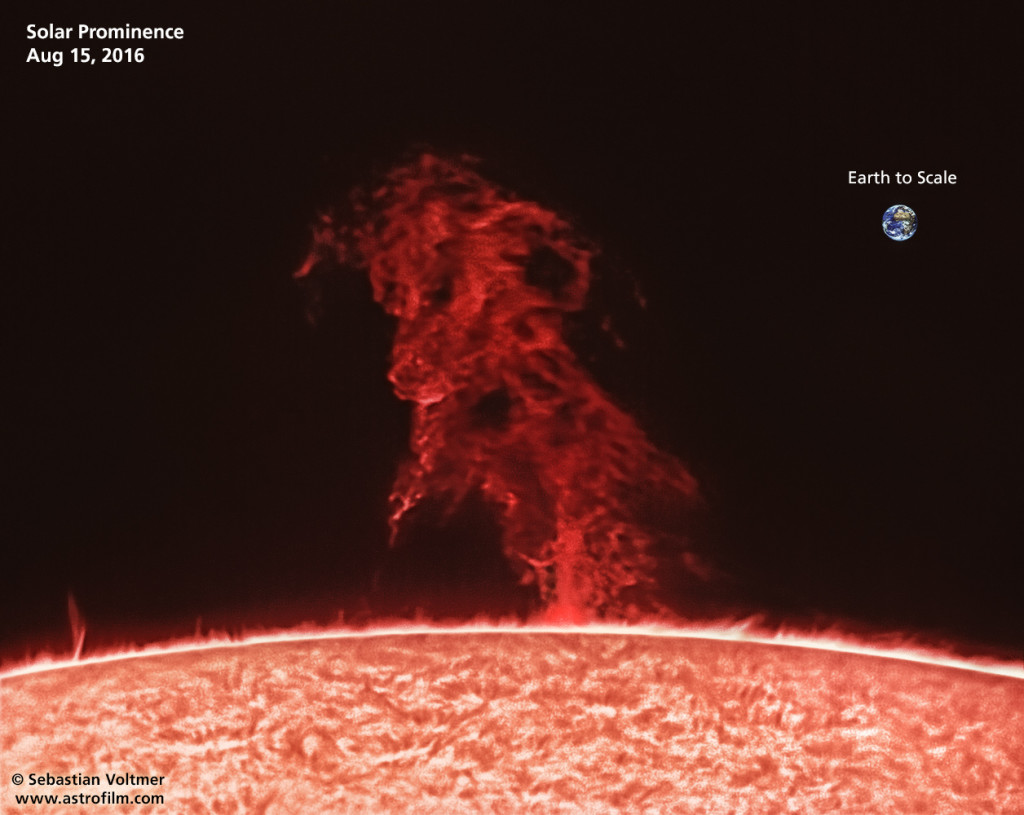A few years ago the Italian company, Tecnosky, started producing their new, own-brand triplet apochromats known as “OWL”. The first model in the series was the OWL 80/480 apochromat, which was released in spring 2021. The OWL 90/560 was hot on its heels, with the OWL 130/900 SLD soon following in autumn. Soon the range will be blessed with new 70mm and 125mm aperture models. All OWL telescopes are based on a triplet lens design with FPL53 fluoride glass. However, the soon-to-arrive 125mm OWL will be an ED doublet.
These features, combined with fully multi-coated lenses, blackened lens edges and a lens hood on the tube guarantee Strehl ratios upwards of 0.95! An optical interferometric certificate is attached to every single OWL telescope. Every specimen, therefore, undergoes a detailed quality check before distribution.
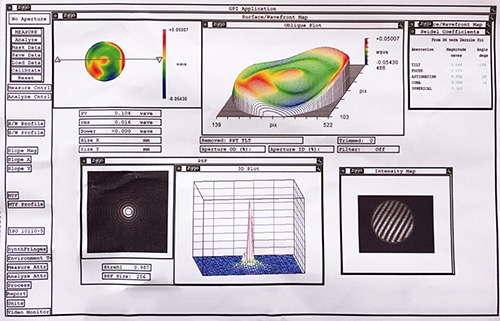
Optical test report (certificate) for OWL devices
These compact apochromats are great devices for astrophotography and also offer first-class, pure-colour image quality and joy for observing. Tecnosky also supplies reducer-flatteners calculated to suit the optics for each model. This means that OWLs, with their aperture ratios of f/6 – f/7, are ideally suited to photography.
Aesthetically, these “owls” also make an impression – they are all manufactured from high quality materials, are multi-coated, elegantly manufactured and have a white, black and red colour scheme to complete their look.
All OWL models come with compatible prism rails, pipe clamps, Vixen viewfinder shoe, carry handle and retractable dew shield. These are this apochromat’s main features alongside the rotatable focuser with 1:10 reduction and locking mechanism, as well as a sturdy carry case. All in all, you get a first-class telescope with numerous great features for a reasonable price for this size category. The OWL 70 and 125 models will be available in our shop from spring 2022.
Discover the Tecnosky OWL series and sharpen your view of the night sky – elegant design included!

